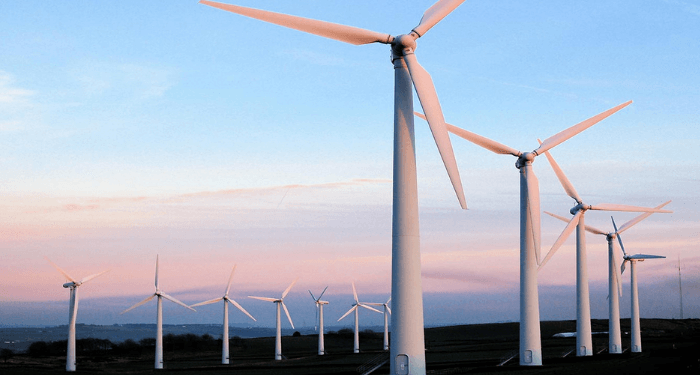Africa represents 2% of global renewable energy capacity
Africa represents only two per cent of global renewable energy capacity installed in the last decade, missing out on the benefits of the wider positive socioeconomic impact of renewable energy development, a new report has said.
According to the report titled “Towards a prosperous and sustainable Africa: maximising the socio-economic gains of Africa’s energy transition,” Africa does not only misses out on the opportunity to ensure access to affordable, reliable, and clean energy to all but fails to maximise renewable energy effect on the continent’s socio-economic advancement.
The report, which was developed by the Renewable Energy Solutions for Africa (RES4Africa) Foundation, the International Renewable Energy Agency (IRENA), and the United Nations Economic Commission for Africa (UNECA), was presented in the recently concluded European Union-Africa Business Forum.
Roberto Vigotti, Secretary-General, RES4Africa, said that, “With this combined effort, RES4Africa, IRENA, and UNECA present an overview of the future of Africa’s socio-economic development, identifying the potential that Europe and Africa have to secure a sustainable future leaving no one behind.”
RES4Africa is a Foundation that works to support Africa’s just energy transition to achieve SDG7, which calls for universal access to affordable, reliable, sustainable, and modern energy.
At the same time, Francesco La Camera, Director-General, IRENA, reiterated that Africa has much to offer and benefit from the global energy transition outlined in IRENA’s 1.5°C Scenario.
Read: Again Ghana takes Nigeria’s lunch; to host multi-billion dollar Green Exchange
“With tremendous potential of renewables and human resources, Africa’s shift to clean, modern energy is set to achieve substantial gains in GDP, employment, and human welfare.
“IRENA is ready to stand with Africa to put actions in motion by facilitating stronger international cooperation to mobilise political and financial support,” he added.
IRENA is an intergovernmental organisation that supports countries in their transition to a sustainable energy future, and serves as the principal platform for international cooperation.
Meanwhile, UNECA representative laid emphasis on infrastructural investment and value creation that will aid energy transition in Africa.
“Our energy transition goals in Africa must be aligned with the development aspirations of member States.
“We must ensure investment in infrastructure that allows for manufacturing and value creation in green energy technologies while availing de-risking instruments to member States to mitigate the cost of investment in energy projects,” Vera Songwe, United Nations Under-Secretary-General and Executive Secretary of the ECA stated.
UNECA, established by the Economic and Social Council (ECOSOC) of the United Nations (UN) in 1958 is one of the UN’s five regional commissions, whose mandate is to promote the economic and social development of its member States, foster intra-regional integration, and promote international cooperation for Africa’s development.








